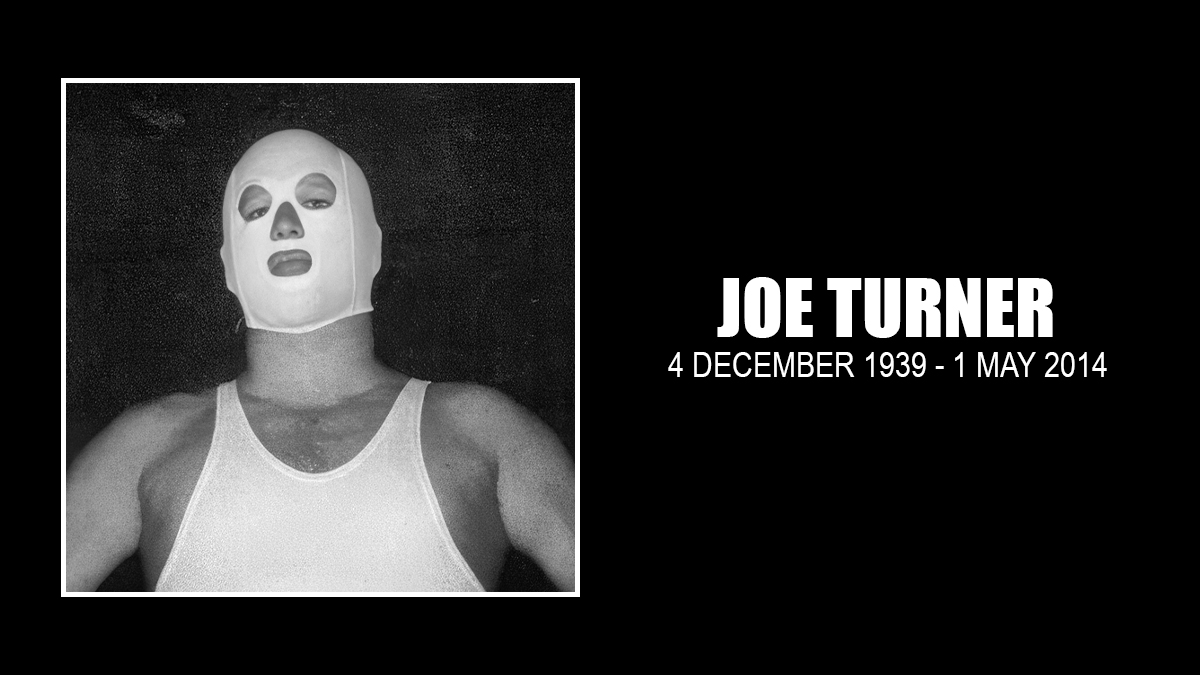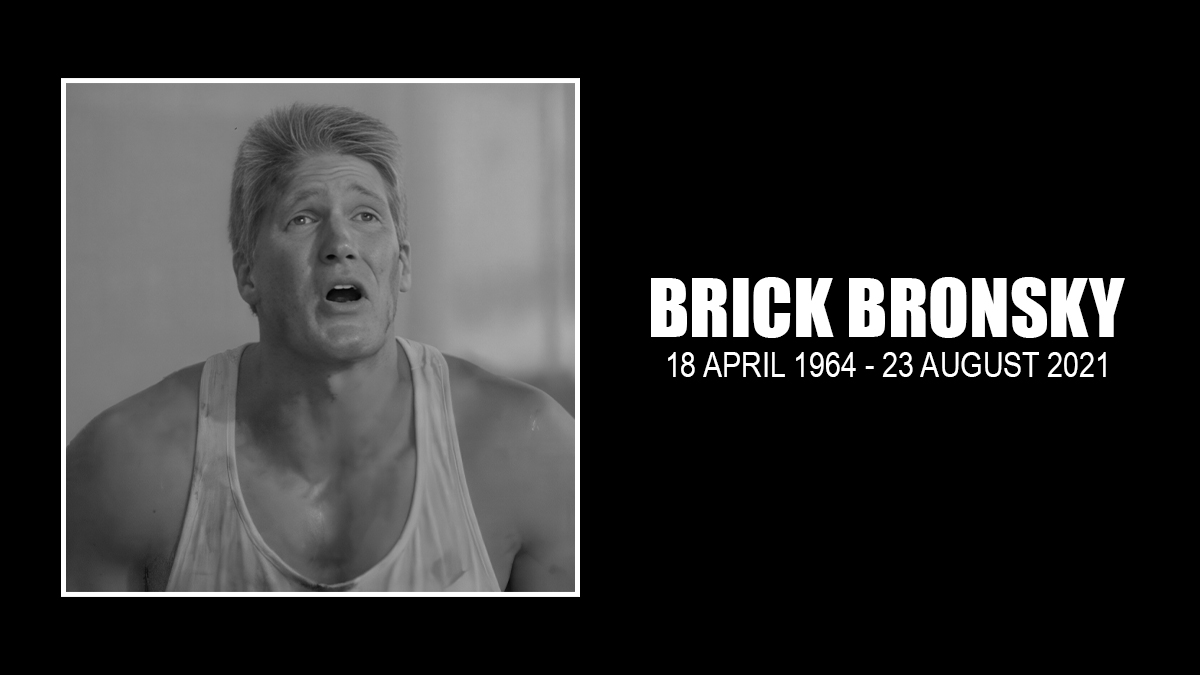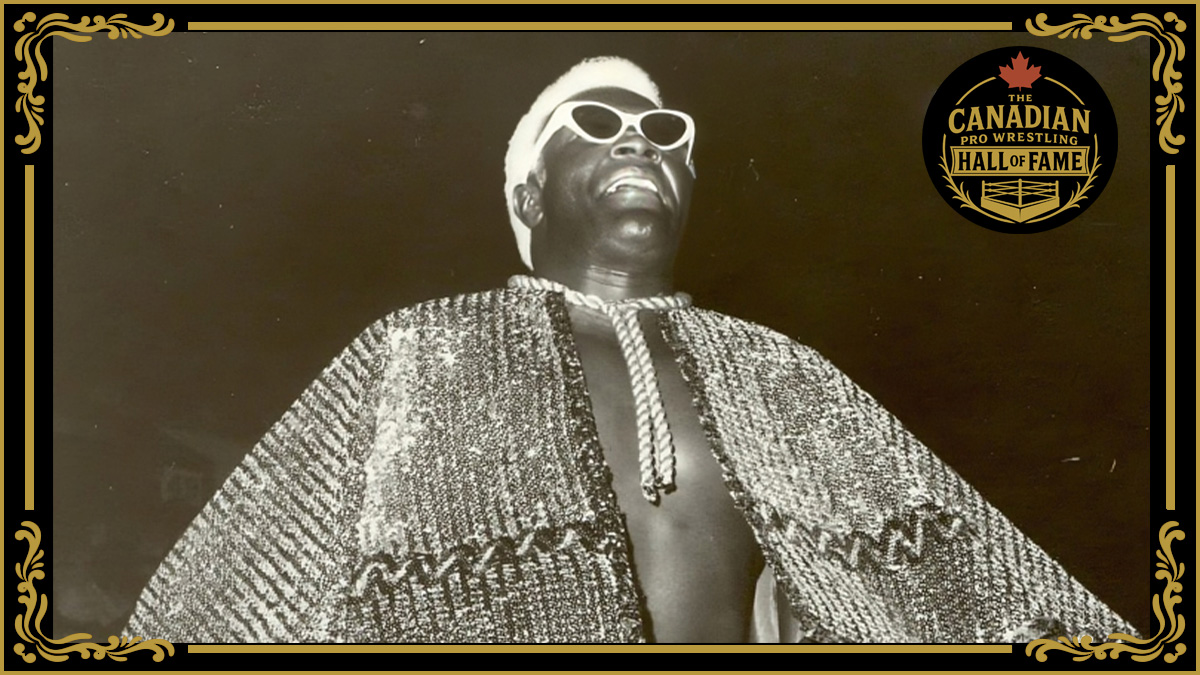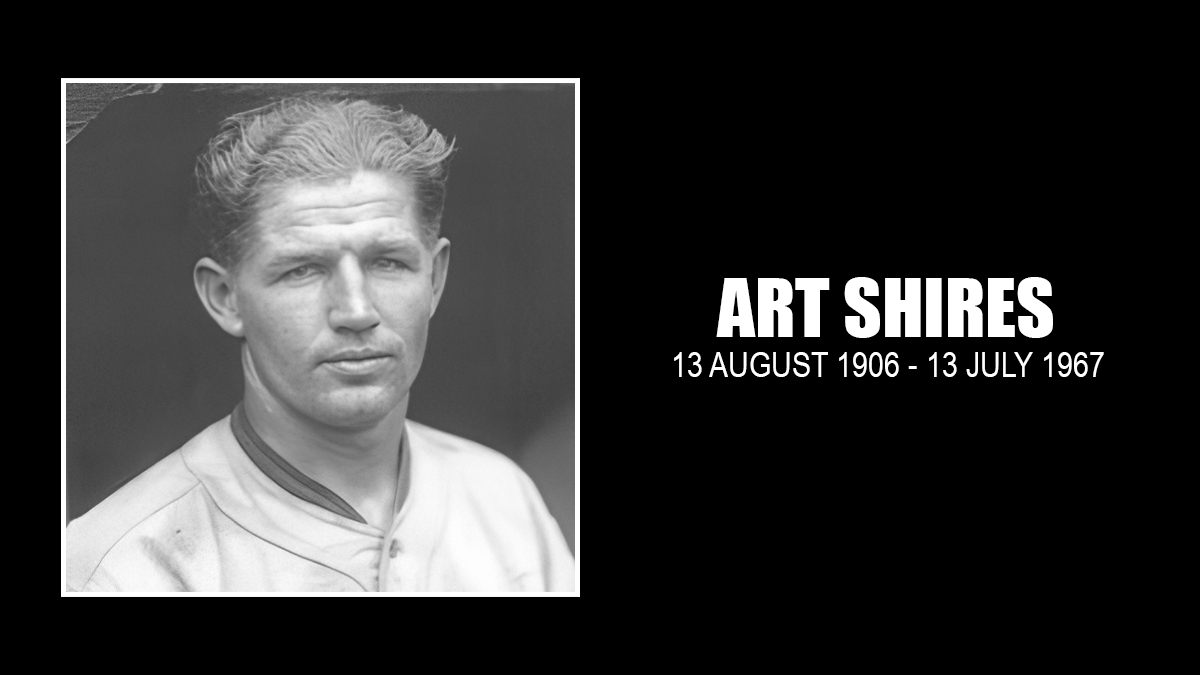It’s not every day that you get a chance to beat up your idols. But Joe Turner did, and he couldn’t have been happier about it.
Turner was from Mobile, Ala., and like any wrestling-obsessed Southern boy, grew up as a big fan of the Fields brothers — Lee, Don and Bobby. In time, he’d slug it out with his heroes in the ring under one of his several aliases and even take their championship belts.
“The Fields brothers, they were it, as far as I was concerned back then,” Turner said. “I grew up around them. I was watching them since I was five years old.”
Joe David Turner died May 1, 2014, at age 74 after a short battle with brain cancer. He lived in Theodore, outside of Mobile. His passing removes another link to the fabled Gulf Coast promotion, which Lee Fields built from the late 1950s through the 1970s into one of the most successful in wrestling’s territorial era.
“It was a good territory and it had a long run. There was a lot of good talent that come through here,” Turner said in a 2011 interview for The Pro Wrestling Hall of Fame series of books.
Turner’s dad Edward was his conduit to wrestling. His father, a policeman, worked as a security officer for the Gulf Coast wrestling promotion. When he was five years old, Turner attended his first card in Mobile, and found his career path.
“I just knew at that minute I was going to be a wrestler,” he said. “Going through it, I just wrestled all along in school [in Mobile] and everywhere else.”
Lee Fields, who was the top star in his own promotion, used the youngster to do a little bit of everything — distributing posters, refereeing, and putting up the ring.
Turner started as a wrestler in 1957 on spot shows in the Deep South with Bill Bowman, a lifelong friend he’d met at the Mobile YMCA. “It went from there. We were wrestling with little outfits around the local areas here for a few years,” he said.
The versatile Turner worked under his own name, as well as the guises of Black Hand, Joe Sky and the masked Intern. The latter two characters were parts of successful tag teams with close Bowman, also known as Bill Sky and a second masked Intern.
“With Bill, we said we were half brothers, but we weren’t really a blood relation at all,” Turner said. “He decided he wanted to go to the Tennessee territory and we went away as the Sky brothers.”
The Sky Brothers, billed from Dallas in cowboy boots and jeans, teamed on and off for 11 years. They held the Southern tag team title for the Nashville, Tenn.-based office in 1969 and also wrestled in Florida and Georgia.
Turner noted that he and Bowman were the first “Interns” team, ahead of the Billy Garrett-Jim Starr squad that started as the Medics. The Interns held the Gulf Coast tag team title four times in 1968, feuding with Lee Fields, his brother Bobby, or some other partner.
The most memorable aspect of their partnership was not its opponents, but its manager — Dr. Jerry Graham, a legendary bad boy of wrestling. During one six-man tag team match — Turner thought it was in Pensacola, Fla. — the Interns searched high and low for Graham before the match, only to find him in an alcoholic stupor.
With Graham making a mess of himself and in no condition to wrestle, his own team bum rushed him to the ring, and instructed their rivals to wrap up Graham in the ring mat for the pinfall.
“Graham was actually a real smart man. He was real good on that mike,” Turner said. “He went out of the airport with his tights on in Pensacola, which is a pretty good-sized airport. Everybody was making fun of him and he jumped up on a table. ‘I’m Dr. Jerry Graham. I’m the toughest son of a bitch in town.'”
Still, the 350-pound Graham had his advantages, as Gulf Coast historian Michael Norris recounted for an April 1968 match with Bobby Fields and Cowboy Bob Kelly. “The Interns won the first fall when one of them pinned Kelly. During the wild action of the second fall, Fields collided with one of the Interns and fell to the mat. The Intern fell out of the ring. While Dr. Graham used his massive girth to block the view of referee Clem Courtney, the Interns switched. The fresh Intern entered the ring and pinned the battered Fields. Despite the protests of the fans, the Interns were declared the winners.”
No bad feelings, though. Kelly said Turner came by to visit him once or twice a week in recent years. “I am sure going to miss those visits. Joe wrestled for me off and on the whole time I booked for Lee. He was very dependable and excellent in and out of the ring. I was blessed to have Joe as a friend,” Kelly said.
The rugged Turner, who ran about 225-230 pounds, didn’t have formal wrestling training, picking it up as he went along. He said he liked to portray himself as a tough customer to his opponents.
“One of the little ribs I did in the ring was when a guy hit me with a forearm, I’d grab him by the air, roll over the ropes and I’d say, ‘Is that as hard as you can do? That ain’t nothing.'” Back in the ring, Turner would then take his incensed rival’s best shot, refusing to flinch and chuckling at the futile blows.
Except for one time in the Carolinas, where Bowman and Turner were regulars in 1971 and 1972, wearing gaudy pink ring attire — not in an effeminate way, but just enough to earn the fan mockery that heels so desire.
There, Turner tried the tough guy trick on Gene Anderson. “He hit me so hard my eyeballs rolled around. I went back to his dressing room and said ‘What in the hell was that? He told me to get out and I said, ‘I’m not leaving til you tell me what you did to me.’ It was simple but it hurt like hell.”
Les Thatcher knew Turner well from wrestling in tag team matches in Tennessee and the Carolinas and considered the Turner-Bowman team to be solid and easy to work with.
“Turner and Bowman in North Carolina were more mid-card guys. But the talent that is so lacking today is mid-card guys who can make people on their way up, and still stay strong themselves. They made a lot of babyfaces look very good,” he said.
Thatcher, though, didn’t look so hot after one match in Cleveland, Tenn., when he and Dennis Hall squared off with Turner and Bowman, wrestling as the Sky Brothers. Turner and Thatcher were swapping go-behind waistlocks in the heat of the action. After a couple of switches, Thatcher reached through his own legs to leg sweep Turner and hook the back of his heel.
“It was an accident, but he went down and I leaned forward. he went down quicker than I expected with less pressure, I suppose. I brought the foot up and that cowboy boot cleaned one of my front teeth out below the gum line,” Thatcher said.
“I was sucking wind through my mouth and it was like, ‘Whoa!’ It hurt like a son of a gun. But it was an accident, I enjoyed working with them.”
Turner achieved a fair amount of success on his own, winning the Mobile city title as the Intern from Rocket Monroe in 1970, then unmasking after the bout. He only held the championship for a week, though before Mike Boyette beat him.
“A lot of times we didn’t have TV in Mobile, but we still had good houses,” Turner said, crediting Fields’ promotional skills in addition to newspaper ads and word-of-mouth among fans. “We had TV in Pensacola sometimes, and you’re running the same towns over and over with the same guys. [But] they didn’t have anybody laying back just because they weren’t in the main event. Any match out there could have been a wild match.”
Turner also wrestled along the Gulf Coast as the masked Black Hand, swapping the Alabama heavyweight title with Ken Lucas in 1969. He had a strong run under his own name in 1974 in Alabama as a senior heel working with brother-in-law Dennis Condrey, whom he helped break into the business. The two held the Alabama-based Tri-State tag title that year.
After wrestling, Turner worked in remodeling and apartment management and was a regular at the annual Gulf Coast Wrestling Reunion and the Tennessee Legends Reunion.
Hughes Funeral Home of Daphne is in charge of the funeral services.




